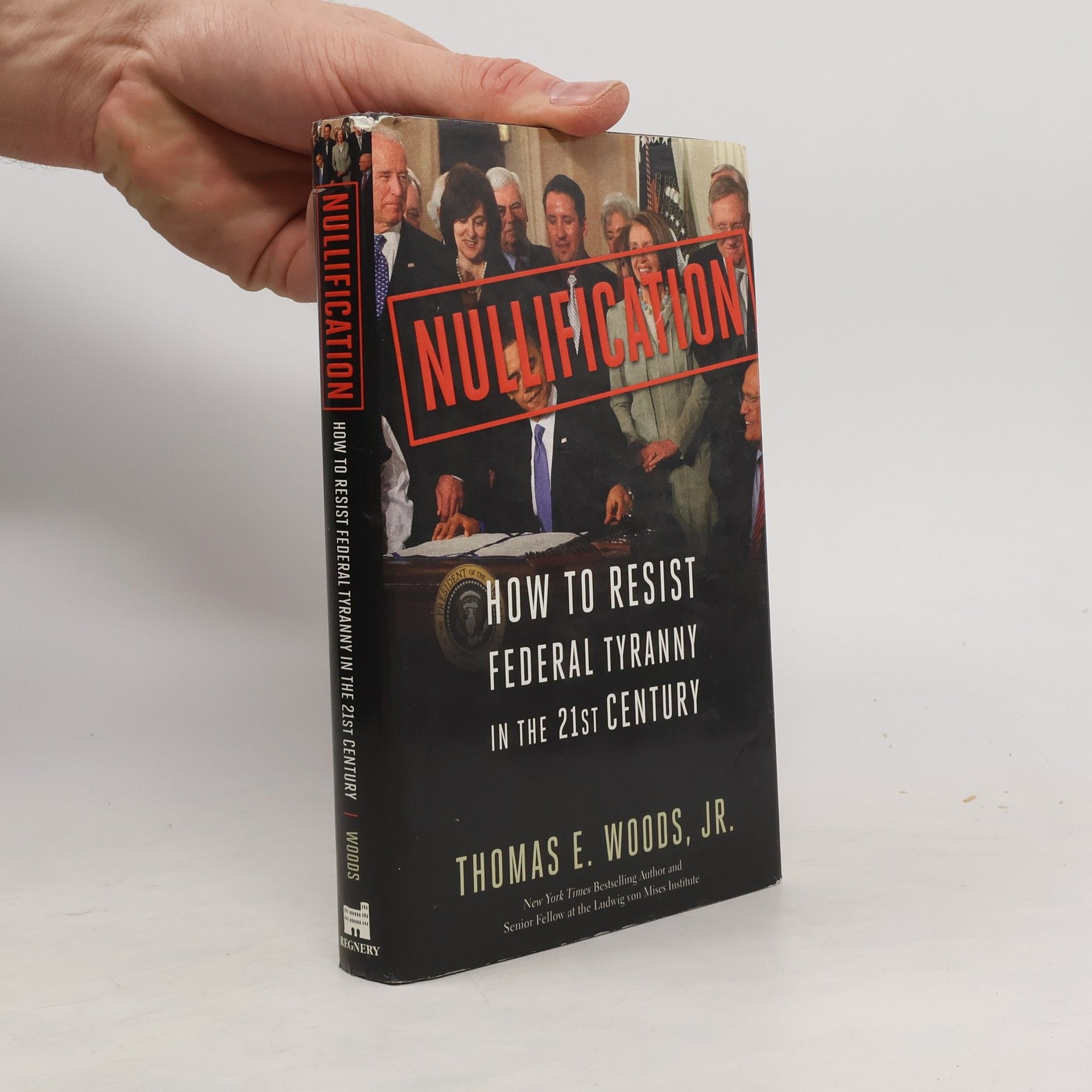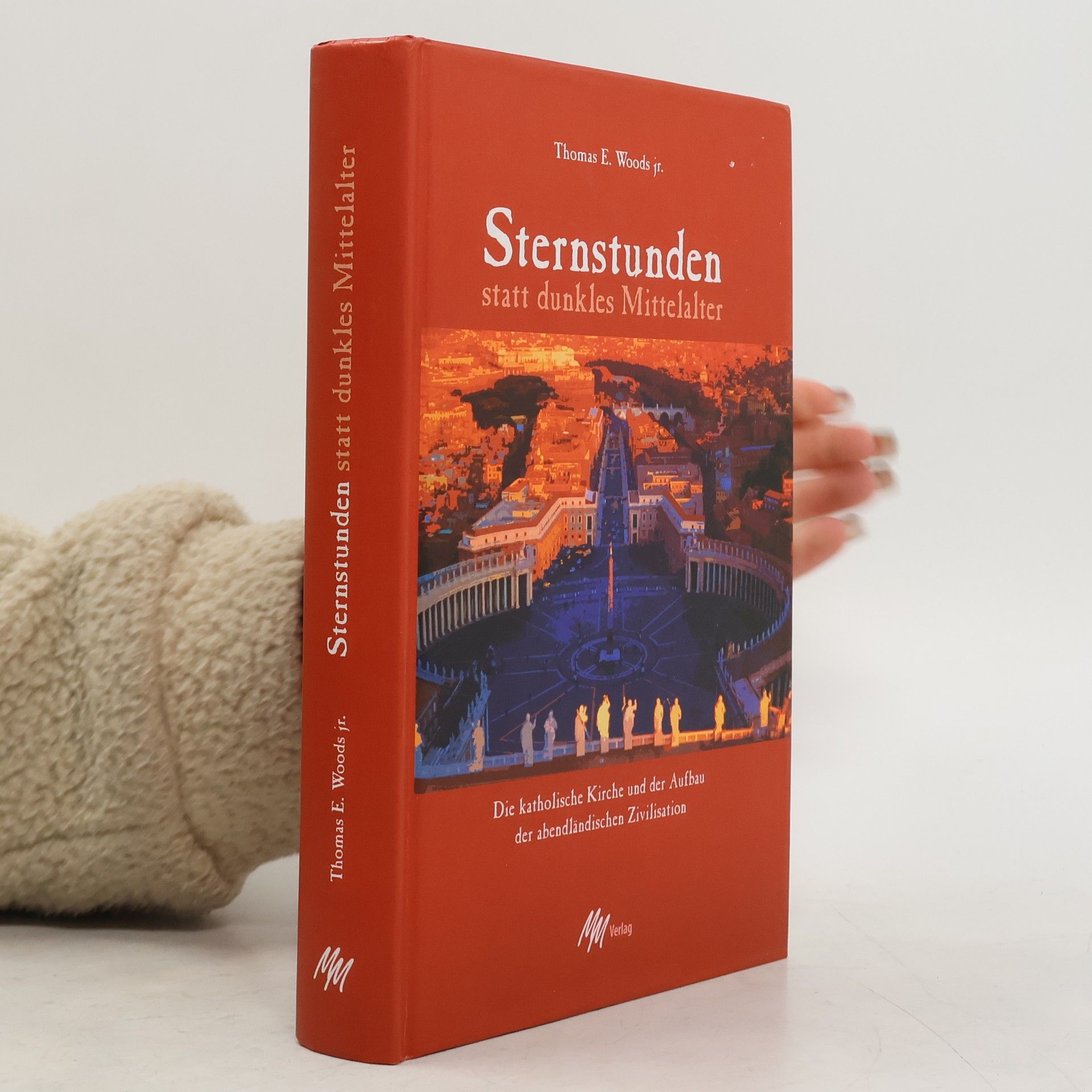Sternstunden statt dunkles Mittelalter
- 304 Seiten
- 11 Lesestunden
Keine Institution hat die abendländische Zivilisation mehr geformt als die 2000 Jahre alte katholische Kirche - und das durch Leistungen, von denen wir vielleicht nie etwas gewusst oder die wir vergessen haben. „Sternstunden statt dunkles Mittelalter“ ist ein durch und durch positives Buch, ohne Irrungen und Irrtümer zu beschönigen. Es ist Pflichtlektüre für alle, die verlorene oder verdrängte Wahrheiten wiederentdecken möchten. Sie werden u. a. erfahren: Wie die moderne Wissenschaft in der Kirche entstanden ist. Wie katholische Priester die Idee der Marktwirtschaft entwickelt haben und wie die westliche Gesetzgebung aus dem kanonischen Recht entstanden ist.





